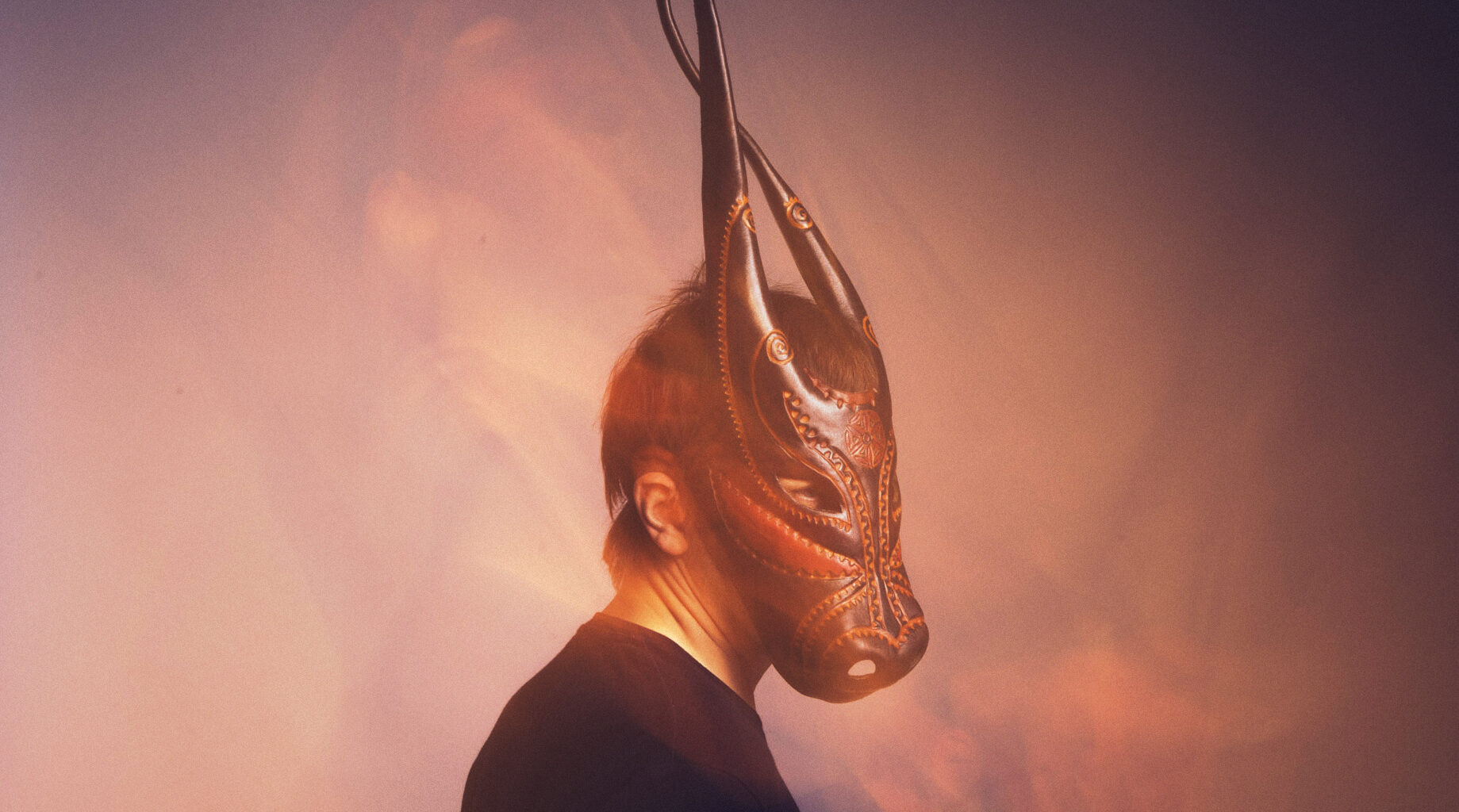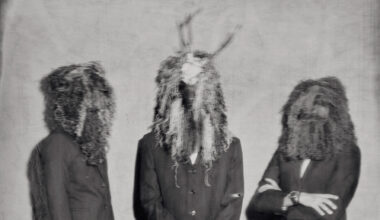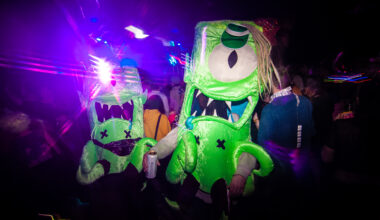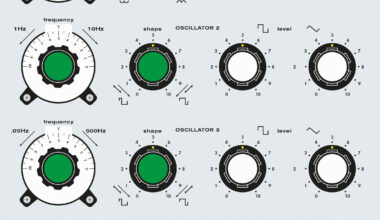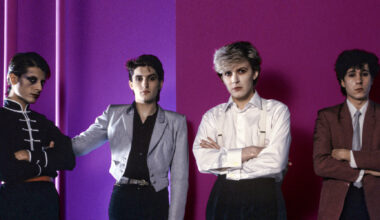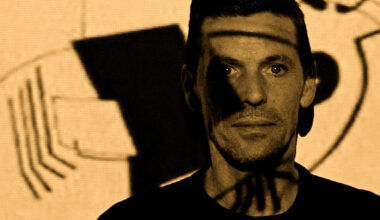He performs in a horned mask. His new album is called ‘False’ and it features collaborations with 14 artists who may or may not exist. He wants to train other musicians to play his gigs for him. Welcome to the strange reality of Lambert
Want to read more?
Sign up to Electronic Sound Premium to gain access to every post, video, special offers, and more. 100%, all you can eat, no commitment, cancel any time.
Already a premium member? Log in here
